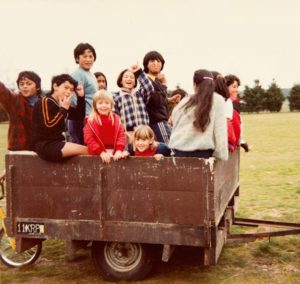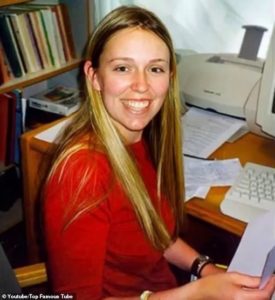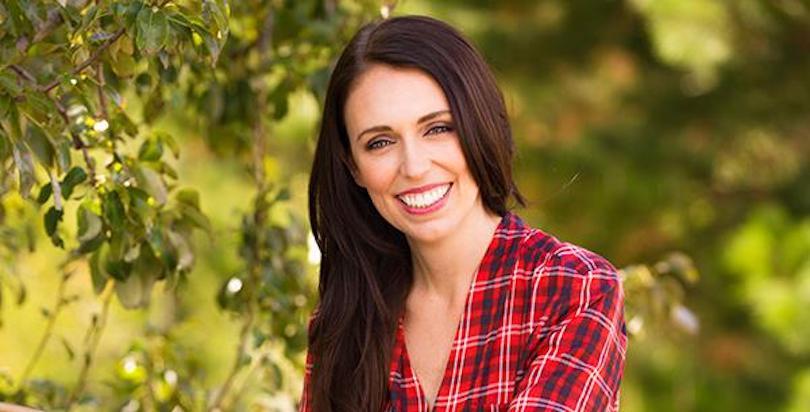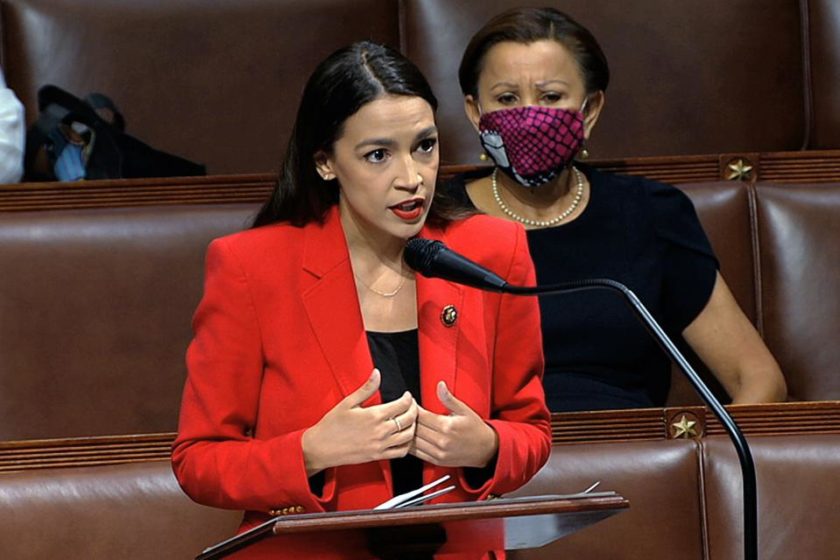From growing up on a small family orchard in quiet, rural Morrinsville to running the country while pregnant with her first child, Jacinda Ardern has never forgotten her roots. Her humble beginnings have been key to shaping her into a thoughtful, kind-hearted and relatable leader changing the face of politics today.
By: Harriet Grayson
Until the day before she took office, Jacinda Ardern says she never saw herself as the future Prime Minister of New Zealand. Although passionate about pursuing a career in politics from a young age, Ardern was always content with her position as a member of Parliament. She didn’t want the intense spotlight or endless long hours that come with leadership positions, and wanted to build a family with her partner, Clarke Gayford.
It is this humble, down-to-earth attitude, along with a kindness rarely seen in modern politics, that helped her become New Zealand’s youngest Prime Minister, at only 37 years of age, in more than 150 years. It is also what won her a second term with enough votes to lead a majority Labour government for the first time in decades.
Ardern was born in Hamilton, yet spent her early years growing up in Murupara, a small town mostly known for its heavy gang presence. Ardern’s father, Ross Ardern, was a dedicated police officer who spent 40 years in the force, while her mother Laurell was a school cook. The family lived right in front of Murupara’s only police station and felt directly the ever-present threat of violence hanging over the town.
Ardern recalled one night when the house was pelted with bottles, and another where, sneaking out through the back fence, she saw her dad being confronted by a group of large men. Following her dad’s instructions, she just had to keep walking as if nothing had happened. Although just a child at the time, the inequality Ardern remembers seeing firsthand in Murupara is what first ignited her passion for social justice.
The family did not stay long in Murupara, moving to Morrinsville after Ardern’s sister was physically abused at school one day. The rest of Ardern’s childhood and teenage years were spent in Morrinsville, where she had what is regarded as the classic Kiwi childhood. She drove tractors around her family orchard, once crashing one into a tree, and raised her own lamb for her school’s agricultural show. Her first job, and her only job outside of politics, was working for the local fish and chip shop.

It was during high school that Ardern began to put her interest in politics into action. She joined various Human Rights Actions Groups and was the founding member of her school’s Students Against Driving Drunk Group. One of her earliest ‘political victories’ was managing, as a student, to convince the Board of Trustees at Morrinsville College to incorporate trousers as an acceptable part of the girl’s school uniform. In her final year of high school, her peers voted her Most Likely to Become Prime Minister, though she wouldn’t see this quality in herself for many years to come.
Ardern’s parents were heavily Mormon, and their faith was a significant presence in Arden’s childhood. Religion was in many ways one of her foundations, and despite disagreeing with the church’s conservative perspective on gay rights for many years she avoided thinking about what this meant for her as someone who avidly supported gay rights. Living in a flat with three gay friends in her twenties, however, made her realise that, while she still went to church on occasion, she had to choose one or the other. In not taking a side, she felt she was doing a disservice both to the church and to her friends, so she eventually renounced her faith. She did not speak to her father about it, but spoke about it with her mum who was disappointed by her daughter’s decision.
Her political career kicked off at just 17 years old, when she joined the Labour Party and, with her aunt’s assistance, worked in the office of Harry Duynhoven, a Labour member of Parliament, in New Plymouth. During her time there, she distinctly remembers at one point someone coming in and voicing the various problems they were confronted with. Hearing this made her think how incredible it was that “you can be in Wellington on the one hand changing everything, and then come back here (to New Plymouth) and just change the world for one person.” It was this experience that she says made her truly fall in love with politics and the power it has to change people’s lives, even in small ways.

After graduating high school, she studied at the University of Waikato where she graduated with a Bachelor of Communication Studies. Once she had finished university, she took some time to travel overseas to the United States. Even while travelling, she channeled her political ambitions to ‘change the world’ for people, working for a soup kitchen in New York where she served food to the poor and homeless.
This desire to a make difference in people’s lives through politics has stayed with her throughout her career, from the time she entered Parliament as a candidate for the Waikato district in 2008 to her recent re-election as Prime Minister of New Zealand this year. Her leadership, both of the Labour Party and of the nation, has stood out around the world as it is displays not only authority but kindness, empathy and authenticity, qualities that seem to be severely lacking in the current political climate. She has repeatedly emphasised the importance of allowing people to see her ‘failings’, that she is as prone to failure as anyone else. She feels that above all leaders need to be authentic, rather than try to present some impossible notion of flawless leadership.
This has been particularly crucial over the last couple of years, as Ardern and her government were faced with the Christchurch terror attack, a devastating volcanic eruption and most recently an ongoing global pandemic. In the wake of the horrific terror attack on a mosque in Christchurch, Ardern held a press conference and spoke a message of unity, diversity and kindness against the hatred that shook the country. The day after the attack, she flew to Christchurch with leaders across the political spectrum and stood with Islamic leaders and mourners, hugging those grieving their losses. And earlier this year, in the midst of lockdown while the pandemic was at its worst in New Zealand, she filmed regular Facebook live chats at home to offer guidance to everyone struggling with being stuck at home.

On top of all this, Ardern has had to juggle full time political leadership with parenthood, as just three months into taking office she announced her pregnancy. She gave birth to Neve Te Aroha in June 2018, taking only two months maternity leave before returning to office while her partner, Clarke, took on the role of stay-at-home dad. She has embraced her newfound parenthood the same way she has her leadership, posting photos on Instagram of her various parenting fails from collapsing birthday cakes to Neve’s refusal to share her full plate of toast with her mum.
The last few years have by no means been easy for Jacinda Ardern, and the next few are likely to be just as hard as New Zealand, let alone the world, is far from out of the woods of the coronavirus pandemic. It will be a huge test of her capacity as a leader, not only as Prime Minister but as head of a party governing with a large majority in Parliament. If she maintains the kindness, compassion and authenticity guiding her, however, the odds are in her favour.




